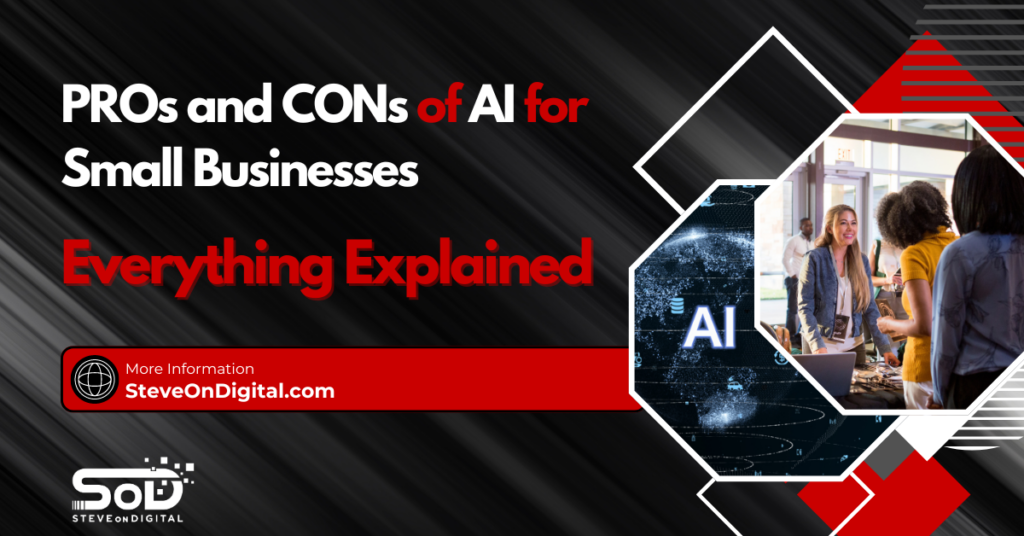Pros And Cons Of AI For Small Businesses | Everything Explained
Artificial Intelligence (AI) is changing how small businesses operate by improving efficiency and driving growth. From enhancing customer service with AI-powered chatbots to streamlining operations,…

